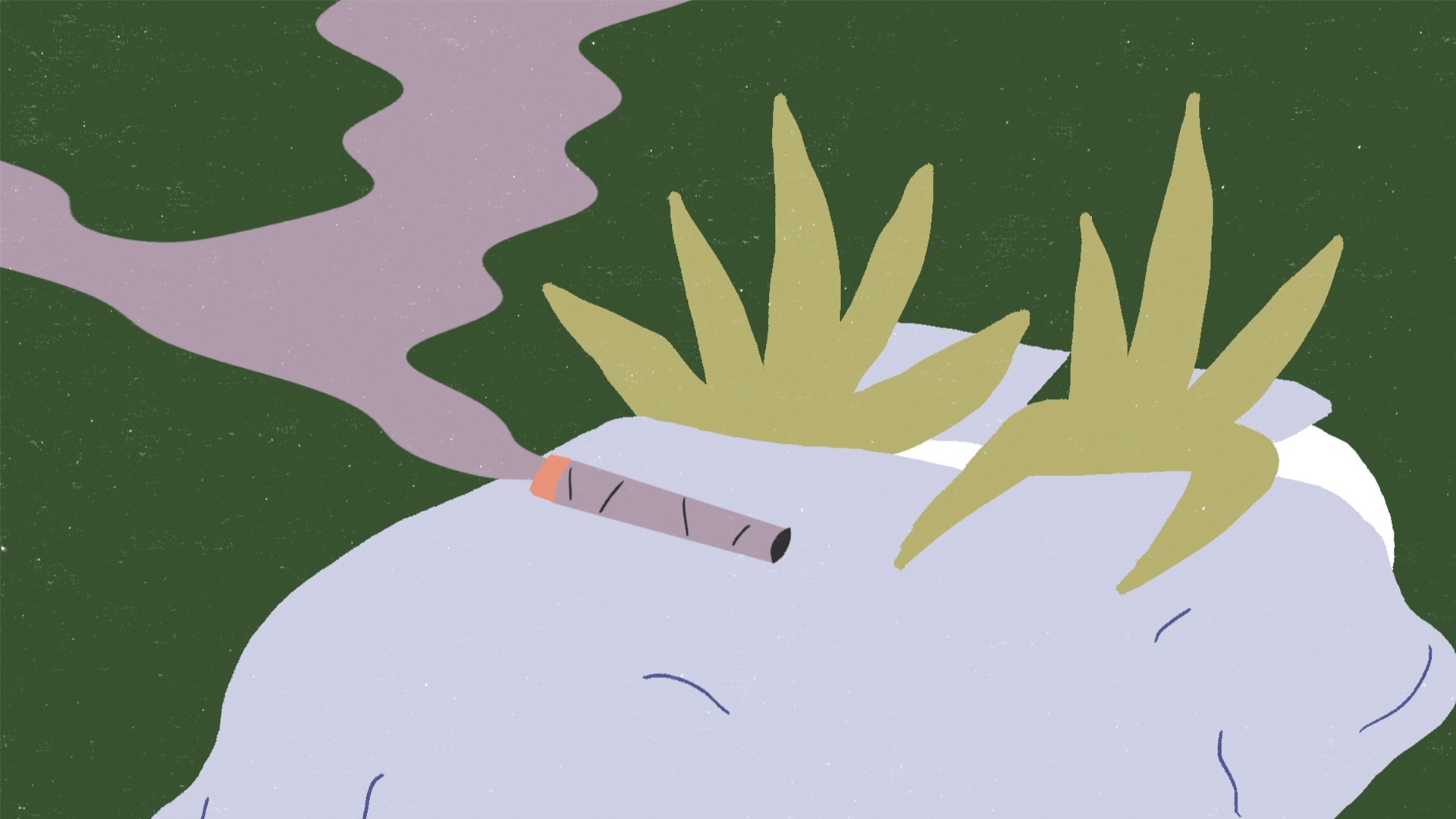Ulas and Merve / Stocksy
The woman who runs the ayahuasca retreats I attend knows me as the one who takes baths while everyone’s asleep. Most participants return to reality after five or six hours, while my brain gets flooded with epiphanies all night, spurring me to bathe as some sort of ayahuasca-inspired renewal ritual.This isn’t the only situation where I’ve felt a drug’s effects way longer than others. After my friends reassured me that ketamine wore off after 15 minutes, I felt a microdose’s effects (albeit subtle ones) for several hours. And I can’t drink caffeine, even in the morning, because it’ll keep me up at night. Why do some people seem to experience drugs’ effects for ages, while others just get a brief journey?A lot of it comes down to genetics, says Tzvi Doron, New York City-based physician and clinical director for the men’s health app Roman. Most drugs get metabolized by the cytochrome P450 enzyme system in your liver, he explains, and genetics control how quickly these enzymes work. This applies to pretty much any drug, from medications to recreational drugs to caffeine, but it doesn’t apply to food, which gets broken down in the GI tract instead.“Some ethnicities carry completely different genes for these enzymes,” says Florida-based addiction psychiatrist Edward Barias. “For example, Asians can become literally drunk faster that other ethnicities because their liver enzymes are also different. You’ll have higher levels if not quickly metabolized, so you’ll be absolutely drunk.”The speed of your drug metabolism can also be influenced by other drugs you’re taking or food you’re eating. “Many other medications can influence the liver enzymes, and that's why is so important to run an interaction check whenever somebody is using multiple medications,” Barias says, adding that the specific ways different foods and drugs will interact for you depend on your genotype.
More from Tonic:
Another factor that plays a role of how long you feel the effects of any drug—from caffeine to weed—is the amount of fat in your body. Certain drugs, like weed, are lipophilic, or attracted to fat tissue, Barias says. This also means that women, on average, will have longer trips than men due to the higher fat content of their bodies. Anesthetics are particularly fat-soluble, says James Giordano, professor of neurology and biochemistry at Georgetown University Medical Center. “Most of the drugs that act on the central nervous system are going to be somewhat more fat soluble because they're actually developed to have a high fat solubility to allow increased penetration into the brain,” which has a high fat content itself, he explains.Since drugs are eliminated by the liver and the kidneys, those with poor kidney or liver functioning may also hang onto drugs longer, Doron says. This means older people might feel drugs’ effects for longer because liver function slows down as you age. Kidney or liver diseases can also slow down the functioning of these organs.And, obviously, different drugs get metabolized at different paces for a variety of reasons, says Giordano. Some bind more tightly to receptors or stay at the binding sites for longer. Acid trips, for example, can last for up to 12 hours, largely because serotonin receptors fold over the LSD molecule to keep it in place.I’d wondered if the length of time you feel a drug is related to your overall sensitivity, since my own drug experiences tend to be powerful as well as long, but Doron says these two things aren’t linked. “Different people interpret the effect of a drug on them in different ways, and personal interpretation is not measurable—it’s a subjective experience,” he says. “For example, one person may interpret a more modest, but longer, effect on them as being more powerful than another person who actually has a higher level of drug in the body for a shorter period of time.”So, given that I don’t have kidney or liver problems or a higher than usual body fat content, I can probably thank my liver enzymes for my long trips and even my prolonged responses to caffeine. But the strength of my trips probably comes from a different, harder-to-pin-down source.Sign up for our newsletter to get the best of Tonic delivered to your inbox.
Advertisement
More from Tonic:

Another factor that plays a role of how long you feel the effects of any drug—from caffeine to weed—is the amount of fat in your body. Certain drugs, like weed, are lipophilic, or attracted to fat tissue, Barias says. This also means that women, on average, will have longer trips than men due to the higher fat content of their bodies. Anesthetics are particularly fat-soluble, says James Giordano, professor of neurology and biochemistry at Georgetown University Medical Center. “Most of the drugs that act on the central nervous system are going to be somewhat more fat soluble because they're actually developed to have a high fat solubility to allow increased penetration into the brain,” which has a high fat content itself, he explains.
Advertisement
